The Thinking into Growth Weekly Blog
Are you ready to transform your life and achieve unprecedented success? Welcome to the world of "Thinking Into Results" – a revolutionary program designed by Bob Proctor and the Proctor Gallagher Institute. This powerful system has helped thousands of individuals and businesses worldwide to break through their limitations, reshape their mindset, and achieve extraordinary results.
In this blog, we'll explore the core principles of Thinking Into Results, sharing insights from Bob Proctor's decades of experience in personal development. Whether you're an entrepreneur, a corporate professional, or simply someone looking to improve their life, you'll find valuable wisdom and practical strategies to help you reach your full potential.
Get ready to challenge your paradigms, expand your thinking, and create the life you've always dreamed of. Your journey to success starts here!

Why Self Help Books Keep You Stuck
A friend told me years ago that self-help books are a waste of money. The authors just want to earn money, he said, not actually help people change.
I dismissed him then. I'd trained with Tony Robbins, studied under Bob Proctor, built my coaching practice on personal development principles.
Now I think he was mostly right.
The numbers tell a brutal story. Self-help sales tripled from 30,897 to 85,253 titles between 2013 and 2019, reaching 18.6 million volumes annually. Yet 55% of practitioners still say they need accountability to make progress.
We're reading ourselves into paralysis.
The Fatal Flaw in Self-Help Literature
Most self-help books tell you what to achieve and why you should want it. They paint vivid pictures of your transformed life.
What they don't tell you is how to actually do it.
I see this constantly in my coaching practice. Clients come to me after years of reading, armed with concepts and frameworks, completely stuck when it comes to implementation.
The books assume you'll figure out the "how" yourself. They don't account for your background, your starting point, your specific obstacles.
Bob Proctor kept the same book open on his desk for a month at a time. He'd read the same pages repeatedly until he truly understood not just the words, but the implied meaning beneath them.
Most people read once and move on. They consume information instead of absorbing transformation.
What Happens When You Actually Try to Change
Reading feels productive. You get insights, feel motivated, imagine your better future.
But the moment you try to implement real change, everything shifts.
You're not just consuming information anymore. You're stepping into action. And that's when you meet what I call the terror barrier.
It happens during major changes. Moving across the country. Switching careers. Starting a business. Anything that takes you into uncharted territory before you feel ready.
The terror barrier manifests as extreme unease. You want to stop what you're doing and retreat to your comfort zone. There's no distinct feeling telling you exactly what's wrong. You just know everything felt fine before you started this change.
Self-help books tell you to "push through" or "stay positive." That sounds good but helps nothing.
The Critical Difference Between Reading and Doing
When you work through change with guidance, you learn to anticipate the terror barrier. You understand it's temporary. You know what to expect.
More importantly, you have someone with perspective who doesn't get emotionally involved in your unease. Someone who can keep you focused on the process while you're overwhelmed.
This is why personal coaching dominated 37% of the development market in 2024. People are realizing that reading about change and creating it are completely different activities.
The gap between reading and doing involves countless small decisions and some major ones. What should you handle yourself? Where do you need support? What should you delegate to specialists?
Books can't make these decisions for you. They can't adapt to your specific situation or help you navigate the inevitable changes in approach.
Why Structure Succeeds Where Generic Advice Fails
Understanding concepts tells you how to think about situations. It gives you general insight into what's possible.
Structure gives you a process. Specific steps and activities that make the work achievable.
Bob Proctor often said that if you follow the process, reaching the goal almost happens by itself. The structure provides measurement points. You know where you are, how you're performing, when you need to change approach.
But here's what most people miss: the structure gets revised constantly. It's not a rigid formula but a flexible framework that adapts as you learn.
Books like "Atomic Habits" work better than generic self-help because they provide this structured approach. They focus on systems rather than outcomes.
Breaking Free from the Reading Trap
We've been trained in school to avoid challenging, scary situations. "If it's challenging and scary, try something else." That's terrible advice.
Going for worthy goals always takes you into uncharted territory. Major transformation requires stepping into the unknown.
If you've spent years collecting self-help books but still feel stuck, here's your path forward:
Choose one or two books about the specific transformation you want. Not for casual reading, but for implementation.
Make a plan. Get support. Find people who've done similar transformations.
Start journaling to understand your internal resistance. Most of what you're scared of won't happen or isn't significant.
Find someone who will push you and follow up. A coach, mentor, or goal buddy who has insight into your activities and can question why you're postponing certain tasks.
The One Thing Self-Help Books Never Include
Self-help books rarely include real case studies. Stories of ordinary people who made transformations, how they went about it, what actually happened.
They don't mention the knowing-doing gap. The fact that you don't need to know everything beforehand. That you figure out the next step only after you start.
Most importantly, they don't tell you that seeking support isn't weakness. It's strategy.
You're capable of much more than you realize. But capability without action remains potential.
The terror barrier will come. It comes for everyone attempting meaningful change. The difference between those who transform and those who stay stuck isn't the absence of fear.
It's having the right support when the fear arrives.
WHAT SOME OF OUR CLIENTS SAY
Call +1 855-650-4523
Email: info@thinkingintogrowth.com
